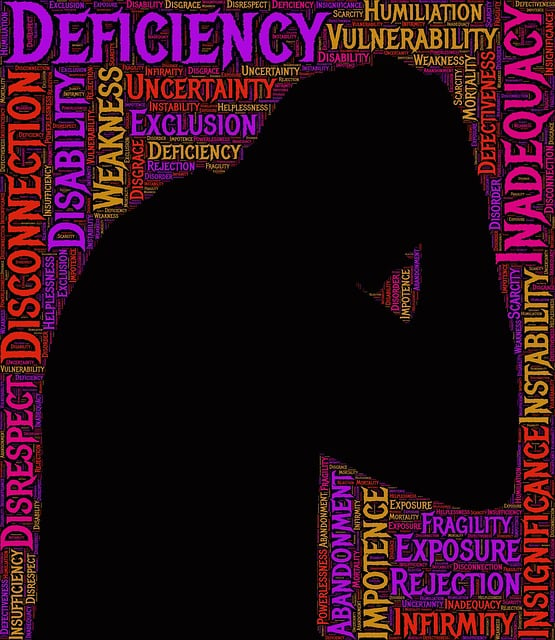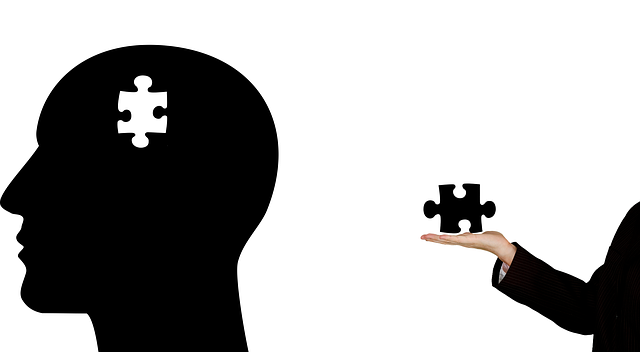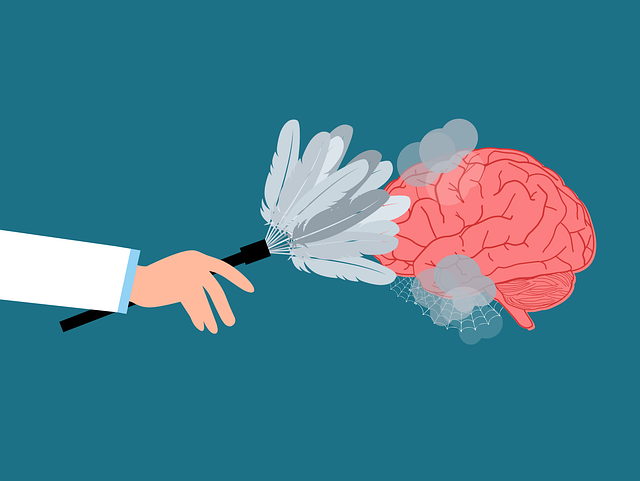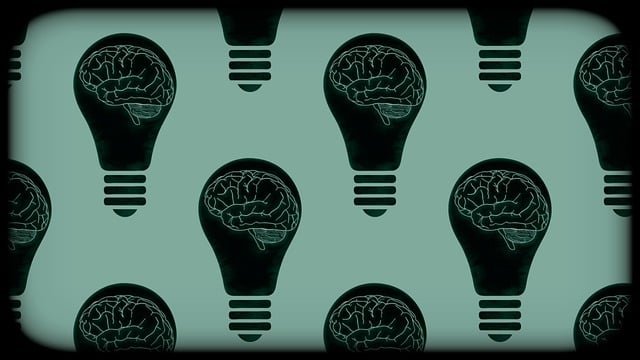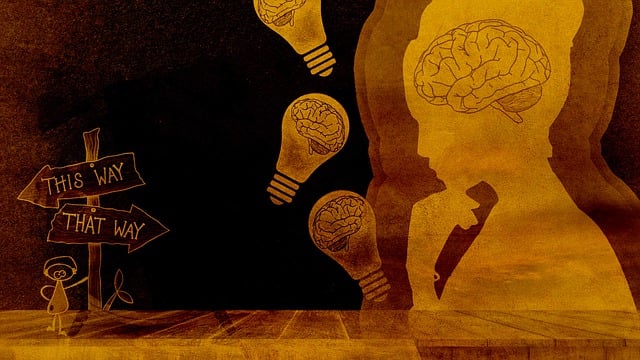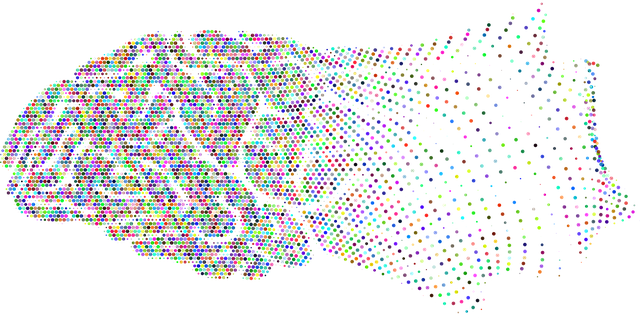Boulder Autism Spectrum Disorder (ASD) Therapy is a comprehensive approach that enhances individuals' emotional intelligence, significantly improving their social interactions, self-care, and mental health. This method combines cultural competency training for healthcare providers, mindfulness practices, and evidence-based techniques like Cognitive-Behavioral Therapy (CBT). By focusing on emotional awareness, self-regulation through practices like journaling or meditation, empathy development, and stress management workshops, Boulder ASD Therapy equips individuals with ASD to better understand their emotions and those of others. This results in enhanced well-being, healthier coping mechanisms, and improved relationships.
Emotional intelligence (EI) is a powerful tool for personal growth, especially for individuals navigating the complexities of autism spectrum disorder (ASD). This article explores the profound impact of EI development in the context of ASD. We’ll delve into understanding EI and its significance, providing practical strategies to enhance self-awareness and regulation skills. By recognizing and practicing empathy, individuals with ASD can build stronger relationships and navigate social situations more effectively. Discover actionable techniques for Boulder Autism Spectrum Disorder Therapy that foster emotional growth and improve overall well-being.
- Understanding Emotional Intelligence and Its Impact on Individuals with Autism Spectrum Disorder
- Identifying and Recognizing Emotions: A Key Step in Building Emotional Intelligence
- Strategies for Enhancing Self-Awareness and Self-Regulation Skills
- Practicing Empathy and Social Awareness: Navigating Relationships and Social Situations
Understanding Emotional Intelligence and Its Impact on Individuals with Autism Spectrum Disorder

Emotional intelligence (EI) is a crucial aspect of human interaction and well-being, encompassing self-awareness, emotional regulation, motivation, empathy, and social skills. For individuals with Autism Spectrum Disorder (ASD), developing EI can significantly enhance their quality of life and interactions with others. Boulder Autism Spectrum Disorder Therapy focuses on understanding and nurturing these essential skills to foster a more inclusive and supportive environment.
The impact of EI development for ASD individuals extends beyond social contexts, also affecting self-care practices and mental health. Healthcare Provider Cultural Competency Training plays a vital role in ensuring professionals understand the unique emotional landscapes of their ASD patients. Mental illness stigma reduction efforts are intertwined with these initiatives, aiming to create an environment where emotions are openly discussed without judgment. By integrating Mind Over Matter principles, therapists guide individuals with ASD to develop resilience and adapt healthy coping mechanisms, ultimately leading to improved overall mental health and better navigation through life’s challenges.
Identifying and Recognizing Emotions: A Key Step in Building Emotional Intelligence

Identifying and recognizing emotions is a fundamental aspect of developing emotional intelligence. This skill involves being able to accurately perceive and label feelings, both in oneself and others. For individuals with Boulder Autism Spectrum Disorder Therapy (ASD) clients, this process can be particularly challenging due to difficulties interpreting social cues and expressing emotions. However, it’s also an area where targeted interventions can make significant strides. Compassion cultivation practices have proven effective in helping people with ASD increase their emotional awareness by teaching them to recognize subtle signs of distress or happiness in others and themselves.
By integrating these skills, individuals learn to engage in positive thinking, fostering a more balanced mental state. This not only enhances overall well-being but also improves relationships, crucial for social interactions. Moreover, for mental health professionals working with ASD clients, mastering this step involves careful risk assessment to ensure safe and supportive environments where individuals feel comfortable exploring their emotions without fear of judgment.
Strategies for Enhancing Self-Awareness and Self-Regulation Skills

Building emotional intelligence involves cultivating self-awareness and self-regulation skills, which are essential for navigating life’s challenges and fostering healthy relationships. One effective strategy is to engage in regular self-reflection practices, such as journaling or meditation. These activities allow individuals to introspect, identify their emotions, and understand the triggers behind them. For instance, a person with Boulder Autism Spectrum Disorder (ASD) can learn to recognize repetitive thought patterns or sensory sensitivities that may impact their emotional state.
Additionally, therapy plays a pivotal role in enhancing these skills. Cognitive-behavioral therapy (CBT), for example, teaches individuals to challenge negative thoughts and develop healthier coping strategies. This is particularly beneficial for those dealing with mental illness or depression prevention. By learning to regulate emotions effectively, one can reduce the impact of stress and improve overall well-being. Moreover, engaging in activities that promote mindfulness, like deep breathing exercises or yoga, can enhance self-regulation, helping individuals stay calm under pressure and make more thoughtful decisions.
Practicing Empathy and Social Awareness: Navigating Relationships and Social Situations

Practicing empathy and social awareness are essential components of emotional intelligence building, particularly for individuals navigating complex relationships and social situations. This involves recognizing and understanding the feelings, perspectives, and experiences of others, a skill that can be cultivated through various exercises and practices. For instance, self-awareness exercises encourage introspection, helping one to recognize their own emotions and triggers. By understanding their internal world, individuals can better interpret and respond to the emotions of those around them, fostering deeper connections and more meaningful interactions.
In the context of Boulder Autism Spectrum Disorder Therapy (ASD), social awareness is a key focus area. Workshops on stress management within organizations often incorporate mindfulness practices that enhance emotional intelligence. These techniques teach participants how to manage their responses in social settings, promoting calmness and clarity under pressure. By applying mind over matter principles, individuals with ASD or those seeking to improve their EQ can develop resilience and adapt better to diverse social situations, ultimately enriching their personal and professional relationships.
Building emotional intelligence (EI) is a powerful tool for individuals with Autism Spectrum Disorder (ASD), offering them strategies to navigate social interactions and relationships more effectively. By understanding EI, recognizing emotions, enhancing self-awareness and regulation, and practicing empathy, individuals with ASD can improve their communication skills and overall well-being. This journey towards emotional intelligence empowers folks in Boulder autism spectrum disorder therapy to embrace their unique perspectives while fostering meaningful connections with others.



